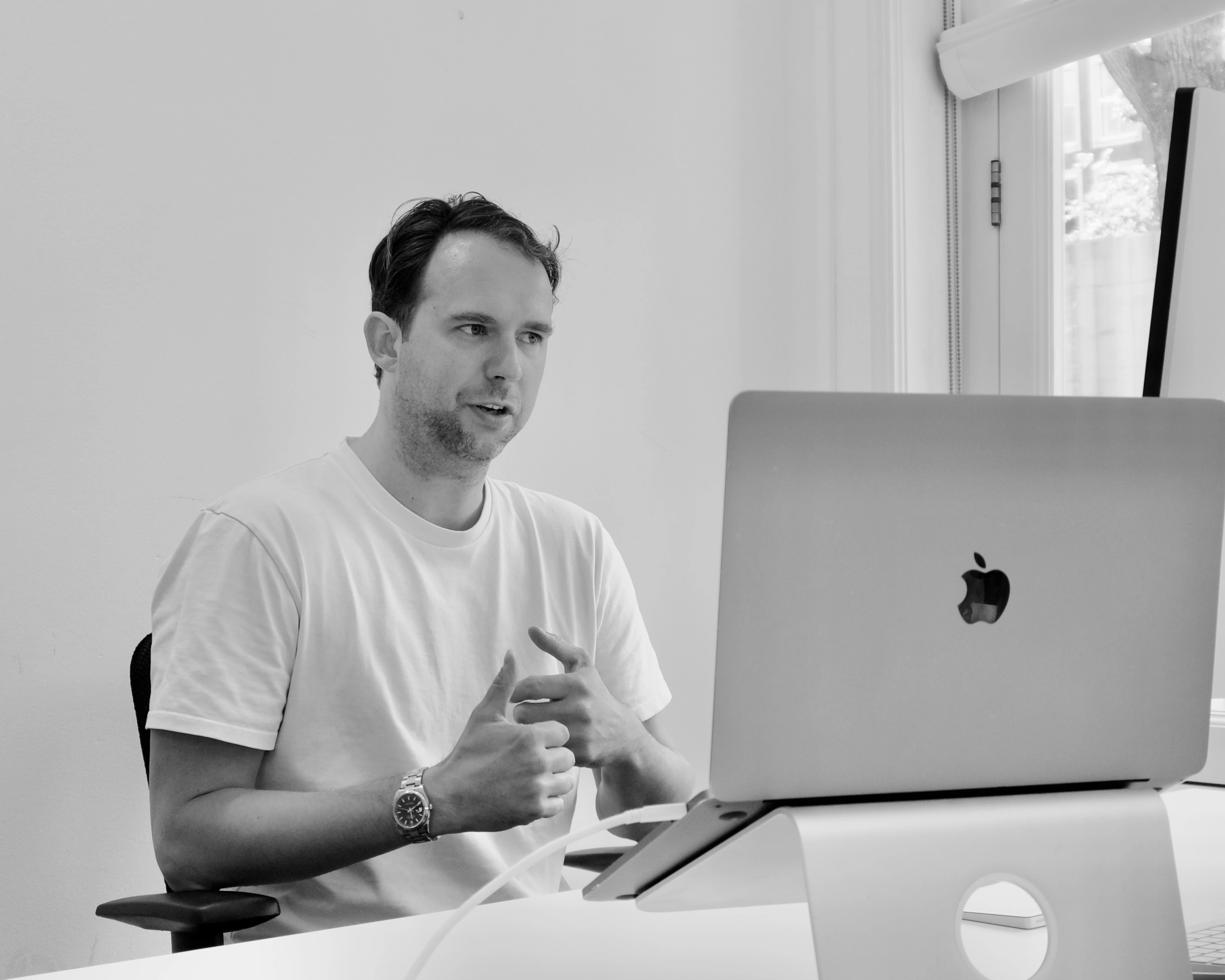What are the risks of early retirement?
Retiring early sounds like a dream come true for many – more time for hobbies, travel and family. But before you take that step, it is important to understand the possible risks of early retirement. Below we discuss the most important points of attention and how you can manage them. At Vive, we are ready to help you with solid financial planning, so that you can enjoy your early retirement without any worries.
Financial uncertainty
If you retire earlier, you have to live longer off your savings and pension assets before you are entitled to AOW (state pension) and any supplementary pension. In other words, your bridging period to the official retirement age is longer, and you need a larger financial buffer to finance these extra years. If you underestimate this, you could run into problems later on.
Tip: Make a detailed financial plan for your early retirement. List all your expected expenses and income for the years until you reach your state pension age (AOW). Be realistic and include a safety margin. Consider hiring a financial advisor (such as the experts at Vive) to calculate your situation and draw up a feasible plan. This way you know exactly how much capital you need and whether you are on track to stop working earlier.
Inflation
Inflation can have a major impact on your pension assets, especially if you have to bridge a longer period. Inflation means that the purchasing power of your money decreases: over the years, you can do less with the same amount. If you stop working 10 years earlier, prices will be higher at the end of that period due to inflation. So you need more money than the nominal amount of today to afford the same lifestyle later.
Tip: Take inflation into account in your planning. Opt for investments or savings products that try to keep up with or beat inflation. Consider investments that have a higher expected return than inflation – for example, a well-diversified equity portfolio, real estate, or inflation-linked bonds. This way your assets will retain more of their value. Adjust your budget annually with an inflation percentage so that your plan stays up-to-date.
Unexpected expenses
Life is unpredictable. Even during your early retirement, unexpected costs can arise: a medical procedure that is not fully reimbursed, a major repair to your home or car, or other setbacks. If you stop working earlier, you may have less flexible income to absorb such blows.
Tip: Make sure you have an emergency fund (buffer) that is large enough to cover unexpected expenses, separate from your pension pot. A commonly heard rule of thumb is 3-6 months of expenses as a buffer, but in the case of early retirement you may want to be on the conservative side (for example, towards 12 months of expenses) because your income can no longer be supplemented with work. This emergency fund prevents you from having to sell your investments at an unfavorable time or getting into financial trouble in the event of a setback.
Investment risks
If your assets are invested (in shares, bonds, funds, etc.), you always run market risk. The market can be disappointing: price falls or even crashes. If you retire early, you will depend on your assets. A strong bear market (falling market) can affect the value of your portfolio and may force you to adjust your plans (for example, look for work again or live more frugally).
Tip: Diversify your investments to spread risk. Don't put “all your eggs in one basket”; invest in different types of assets (spread shares across sectors and regions, some bonds, etc.). Also, as you approach early retirement, consider making your portfolio slightly more defensive than during your accumulation phase – this will reduce the impact of a market correction on your direct living expenses. If necessary, talk to a financial advisor about your investment strategy for and during your retirement, so that it aligns well with your goals and risk appetite. The goal is to be able to sleep soundly, knowing that your investments can take a hit.
Longer lifespan
On average, we are living longer. There is a good chance that you will live longer than you might have originally estimated. Early retirement means that your pension assets have to last even longer. For example, if you stop working at 62 and live to 90, you have to bridge 28 years – considerably longer than someone who stops at 67 and lives to 90 (23 years). Underestimating your lifespan can mean that you will run out of money later in life (in your 80s).
Tip: In your planning, it's better to be too careful by assuming a long lifespan. For example, calculate what you need if you were to live to be 95 or even 100 years old, instead of, say, 85 years old. This way you build in an extra buffer. Make sure your plan is flexible enough to adapt if you live longer than expected (for example, slightly less spending per year if necessary). After all, it is better to have too much money left over at an old age than too little.
Reduced allowances and tax benefits
When you stop working, you may lose certain allowances or tax credits that are linked to having income from work. Consider the earned income tax credit on income tax – which expires if you no longer have a salary. You also no longer accrue new pension rights through an employer, which is indirectly a kind of missed “bonus”. In addition, you may face higher health insurance premiums (your employer no longer contributes) or you may miss out on the accrual of holiday pay. All these factors may mean that you have less net disposable income than your gross planning suggested.
Tip: Make an overview of all the financial benefits that will be lost if you stop working before retirement age. Examples: no employment tax credit (reduces net income), possibly no more entitlement to certain allowances because your assets increase when you have your pension paid out (e.g. rent allowance may be lower if your savings exceed a limit). Consider how you can compensate for this in your plan. Sometimes the answer is simply that you need a little more capital. In other cases, you can actively do something: for example, temporarily use a bridging scheme such as the Early Retirement Scheme (RVU) through your employer (where you can receive a benefit up to 3 years before AOW, if your employer cooperates). Get informed about this so that you make the choices with your eyes open.
Be realistic
Early retirement offers you wonderfully free time and freedom, but it is crucial to be aware of the financial risks involved. The good news is that with sound financial planning and a few precautions, these risks can be managed very well. Draw up a realistic plan, adjust it if necessary, and take measures such as building up a buffer and diversifying investments.

maak een afspraak
Klaar voor een moderne oplossing voor pensioen of vermogen? Maak vrijblijvend kennis met Vive en ontdek wat kan - voor jouw organisatie.
Complex pensioen, simpel uitgelegd - weet direct waar je staat
Persoonlijk gesprek voor jouw situatie en die van je werkenemers
In 30 minuten meer duidelijkheid dan uren googlen
Alle ruimte voor vragen aan onze ervaren pensioenexperts









